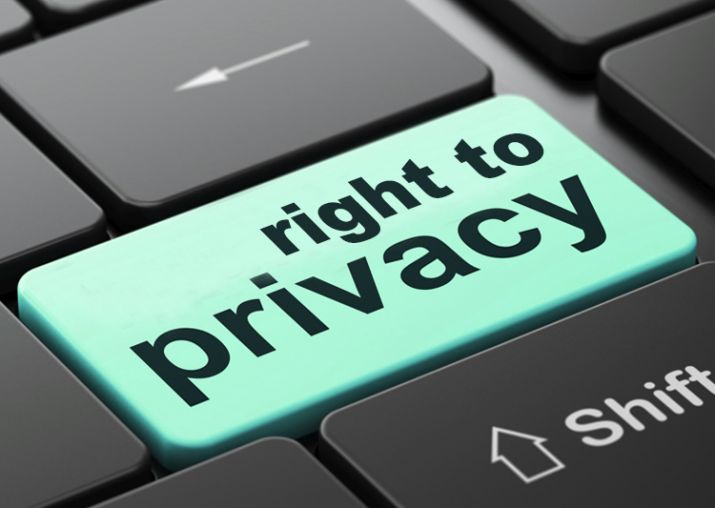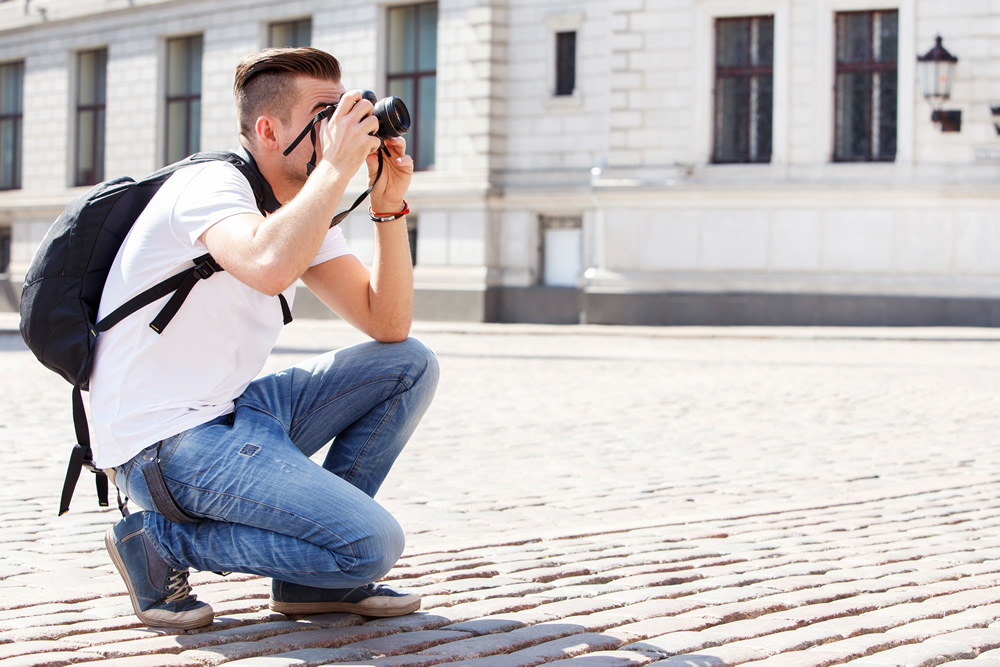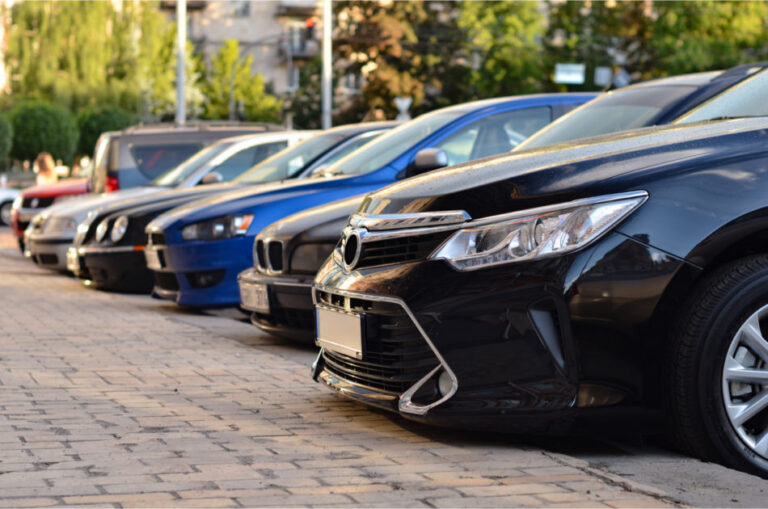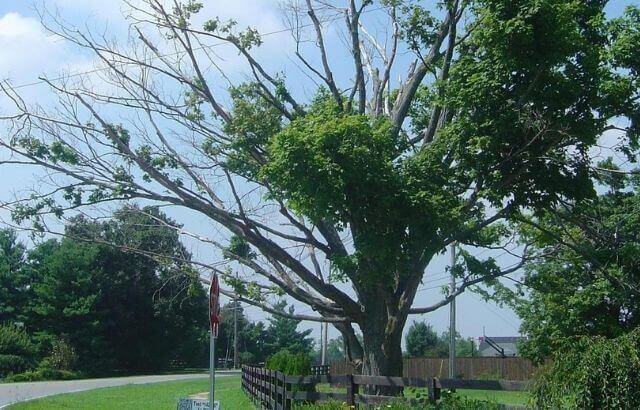Is it Illegal to Take Pictures of Someone on Private Property

Have you ever wanted to take a picture of that gorgeous sunset from someone’s backyard? Or maybe you want to snap a few shots of your friend doing tricks on their skateboard on the driveway? While many assume taking pictures of people on private property is illegal, it turns out it isn’t if you ask the right questions and does it respectfully.
The following article outlines everything you need to know about taking pictures in public spaces, including examples of when it can be okay to take photos and times when it isn’t.
Privacy rights

It’s not a crime to take photos or videos of people on public streets, sidewalks, or in public parks, plazas, and other open spaces. People generally don’t have privacy rights in those areas, so it’s not illegal to photograph people there. However, taking pictures or videos of someone without consent or in places where they have privacy rights (like homes) is considered trespassing and a violation of privacy.
What does Federal Law say about taking photos in public?
There are no federal laws governing what you can and cannot do with photos you’ve taken in public, including taking a photo of someone else (unless you’re doing something sneaky, like peeping into windows).
However, many states have an invasion of privacy laws that prohibit people from taking photos or videos without permission; if your state has such a law, then yes, in most cases, it’s illegal to photograph another person without permission.
But just be aware: If somebody is being photographed or videotaped in public and they haven’t given permission—even if they don’t find out about it until later—they can do nothing about it. It gets murkier when you’re not just shooting video but also publishing images online.
What does state law say about taking photos in public?

This depends. In most cases, you’re free to photograph anything in public view. But you have some wiggle room if you’re taking photos for a news organization or photos might be used as evidence in a trial: This doesn’t apply.
Taking photos of people in such a manner as to harass annoy or alarm is prohibited by state law, but what constitutes harassment varies from place to place and can be subjectively applied. The bottom line is that you should never assume it’s okay to take photos without permission; always ask first before snapping away.
How can you assert your rights if you are photographed in public?
If you are photographed in public, you don’t have a right to privacy. That said, if an image is taken with your permission but then published or broadcast without your consent, legal action can be taken against those responsible. One way is through copyright law; registering your photo with the U.S. Copyright Office can give you grounds for a lawsuit if that image is used without permission (though there are some exceptions).
However, claims under copyright law won’t work for photos captured in places where people have a reasonable expectation of privacy—such as bathrooms and locker rooms or other areas covered by anti-voyeurism laws—and even less so if those places are on private property.
What should you do if your images are used illegally?
In case you haven’t heard, a couple in London won a huge $1.2 million settlement after they were photographed by a stranger and then turned into near-pornographic art and posted online. But how can you tell if your photos have been used illegally? And what should you do if they have? Let’s get right into it.
What happens if you get arrested for taking pictures in public?
Taking pictures in public isn’t a crime—so long as you’re not breaking any other laws. In fact, according to PBS, taking photographs and filming are protected by the First Amendment. But that doesn’t mean there aren’t restrictions. For example, suppose you videotape a person going into a house without permission from both parties (the homeowner and their guest).
In that case, those images are considered invasive and subject to privacy laws protecting people from being photographed without their knowledge or consent—especially when those images involve nudity or a sexual situation.
What is a Reasonable expectation of privacy in public?

In 1964, U.S. Stewart spoke that he didn’t have a definition of obscenity, but he surely could tell what it was upon seeing it. That’s pretty much how things work with privacy: We know something is violating our expectations for privacy when we see or hear about it. An issue in public spaces is determining what those expectations are. Unfortunately, standards vary widely depending on region and culture.
Privacy laws
According to the FTC, “Privacy laws are often vague and difficult to interpret. As a result, people who want to safeguard their privacy must either attempt to decipher the law themselves, hire a lawyer, or rely on self-regulation.”
But the truth is, some laws apply to online behavior just as they do offline. And since the Internet is an extension of our physical world, laws that protect us offline also protect us online.
Frequently Asked Questions
Can I photograph a celebrity without permission?
If you are not sure whether you have the legal right to take a photo of someone, you must check your local laws before you do. Celebrity photographer David Slater was arrested in May 2014 for taking pictures of celebrities and other people without permission.
He had done this on several occasions and received a two-month jail sentence. It took a judge four days to consider the case before he finally decided that he had no authority to impose any sort of punishment on Slater.
Copyright law
Copyright law states that photographers must own the copyright for their photographs. In the U.S., that means the photographer must own the copyright in the photograph taken and the copyright in the image he or she created while developing that photo. Make sure you know who owns the copyright on the photo you’re taking of a famous person.
If the person did not permit you to take a photograph of him or her, you would need to ask his or her agent or manager for permission to use the photo.
Conclusion
While many people have experienced being photographed on a public street, few realize that there are some areas where photography is prohibited. Most U.S. states require notice or signage informing the public of areas where photography is forbidden. Even if signs are posted allowing individuals to take photos on private property without permission, nothing prevents them from doing so.
The only way to prevent such behavior would be to inform the individual of their rights and responsibilities before the incident occurs.
So, it turns out that there is no explicit law against taking pictures of people in public (or from public spaces). The question isn’t entirely cut and dry—and there are some areas where you could still get in trouble for photographing a person without their consent—but in most cases, you should be good to go. If you’re unsure if you can snap a photo of somebody or something, err on the side of caution and ask first. Better safe than sorry!






